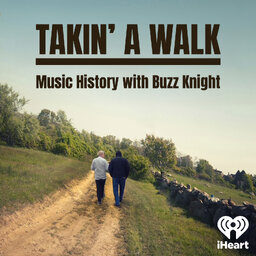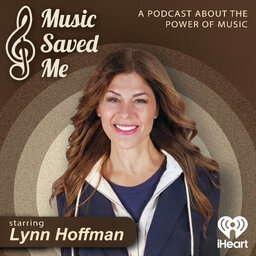" Gary Myrick : Six-String Storyteller-From Texas Blues to New Wave Riffs"-Music History with Buzz Knight
Join @thebuzzknight as he delves into the guitar mastery of Gary Myrick, a versatile musician whose six- string prowess has left an indelible mark on the music industry. From his early days in Texas blues bands to his innovative new wave sound, Myrick's guitar work has consistently stood out for its distinctiveness and energy.
Gary's journey began in Dallas, where he honed his chops playing in local blues and roots-rock bands. His talent was evident early on, as he was chosen to replace none other than Stevie Ray Vaughan in the band Kracker Jack. This early exposure to Texas blues would continue to influence his playing style throughout his career.
Gary Myrick's guitar prowess continues to evolve, his recent EP, "The Sum of All My Sins" demonstrates his ongoing exploration of the instrument, blending his electric and acoustic skills with a deep understanding of blues and rock traditions.
For more information write buzz@buzzknightmedia.com.
Follow us on Instagram@takinawalkpodcast.
If you like this show, please share with others and check out our companion podcast called Music Saved Me. Listen here. Listen
In 2 playlist(s)
Takin' A Walk - Music History with Buzz Knight
On the Takin’ A Walk-Music History Podcast, Buzz Knight goes deep with American music’s most iconic …Social links
Follow podcast
Recent clips
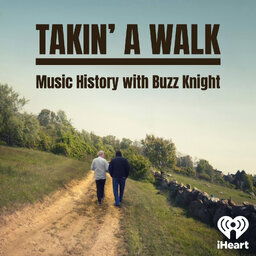
Buzz Knight Welcomes Alan Pepper and Billy Altman to Explore The Bottom Line's Legendary Music History Journey
44:27
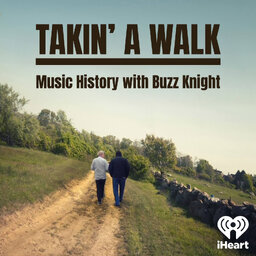
Join Buzz Knight and Seth MacFarlane on Takin’ a Walk to Discover the Magic of Sinatra's Lost Orchestral Arrangements-Replay
22:53
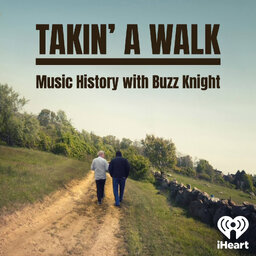
Buzz Knight Talks with Dan Mason about Music History, Leadership and The Future of Radio Broadcasting Today
46:17
 Takin' A Walk - Music History with Buzz Knight
Takin' A Walk - Music History with Buzz Knight